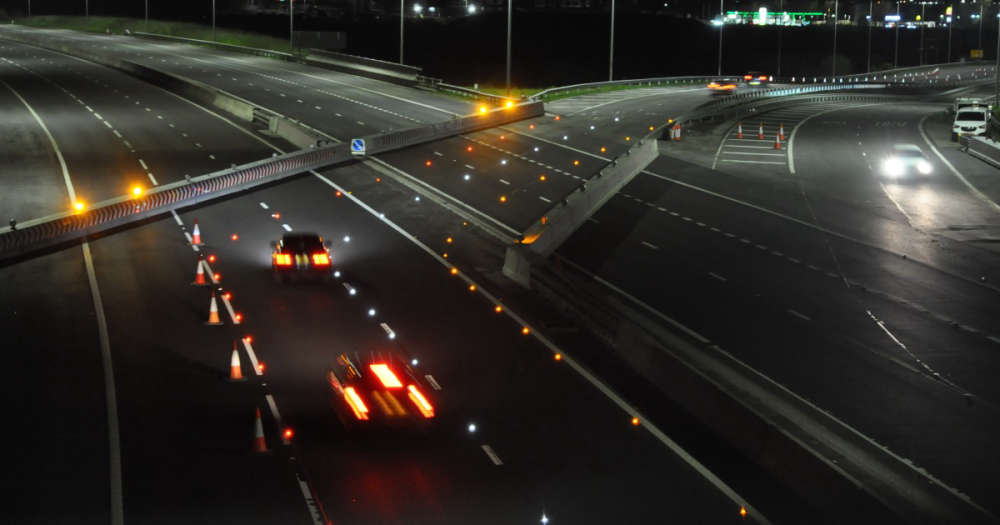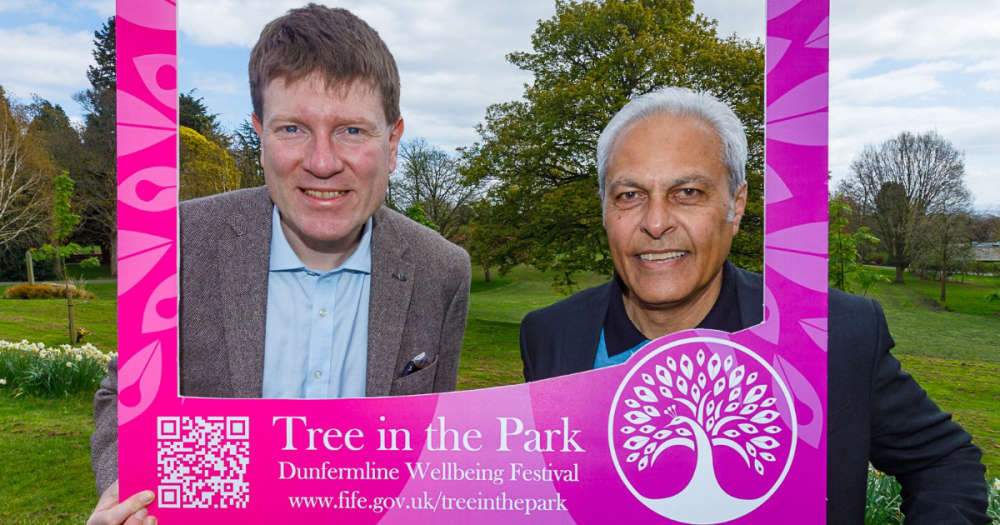
Efforts to tackle serious organised crime are being stepped up in the face of emerging trends such as cybercrime, human trafficking and environmental crime.
Figures show there are 232 serious organised crime groups operating in Scotland, made up of 3, 700 people. 70% are located in the West of Scotland, 18% in the East and 12% in the North.
Around 44% of Serious Organised Crime Groups are involved in multiple types of crime and criminals are also now finding new channels to exploit, including the renewable energy sector, high value vehicle theft, re-activation of firearms, pension fund fraud, and mortgage fraud.
New figures also show that there are 150 SOCGs linked to seemingly-legitimate businesses in Scotland, where industries are exploited by criminals to launder cash, fund their criminal activities or make money by bypassing the regulations that honest businesses abide by.
This morning, Police Scotland conducted a series of raids across Fife co-ordinated from the state of the art Joint Operations Centre in the Crime Campus.
Cabinet Secretary for Justice Michael Matheson said: “There’s no place for serious organised crime in Scotland and I’m proud of the innovative approach we’re taking to tackle it head on, from the “Mr Bigs” to the white-collar criminals exploiting our economy. Our success over the past eight years since the Taskforce was set up is evident however it is clear to me that the time is now right to shift direction to become even more sophisticated in tackling emerging crime trends. By working together, agencies are sending a really strong message that there’s no place for criminals to hide and we will not allow them to peddle misery in our communities.
“But this isn’t just about putting in doors and locking up criminals. There’s also a huge need to reduce the harm caused by serious organised crime, stop the cycle of deprivation, and crucially give those who have been involved in serious organised crime the chance to turn their lives around. That’s why having charities such as Action for Children firmly at the heart of the work of the Taskforce is so important.
“Since 2007, the Scottish Government’s Cashback for Communities programme has seized criminal cash and committed £75 million of it to community initiatives right across Scotland - giving back over 1.5 million opportunities and activities for young people.
“I’m proud that today’s activity took place in the Scottish Government-funded Scottish Crime Campus, which is a very visible example of the collaborative approach we’re taking to tackling crime and which is the envy right across the world.
“We’re making huge strides in stamping out serious organised crime in Scotland, and ultimately making Scotland flourish.”
Deputy Chief Constable Iain Livingstone from Police Scotland said: “Serious organised crime in Scotland has diversified into new areas of activity while retaining a significant grip on traditional markets such as drug importation and distribution. We are now seeing criminals engaged in sophisticated economic crimes, environmental crime, social engineering fraud – all in the name of profit and all under-pinned by violence and intimidation.
“Police Scotland and our partners in the Serious Organised Crime Taskforce are absolutely committed to doing all we can to keep people safe, to diminish the threat from serious organised crime and to allow our communities to exist free from the impact of such criminality.
“By working collaboratively, we will become even more effective at tackling serious organised crime at a local, national and international level. The strategy, the Scottish Crime Campus, our officers working in communities and our partners engaged in diverting and deterring people away from criminality are all integral to our continued success.
“Today, Police Scotland has carried out enforcement in support of an ongoing serious organised crime investigation. We are determined to ensure our approach makes a difference to people on the streets of Scotland.”
John Logue Director of Serious Casework at the Crown Office added: "We are maximising our use of the proceeds of crime legislation to ensure crime groups don't profit from Serious Organised Crime.
"This ambitious strategy will see us working hand in hand with regulators and local authorities who have an added range of powers to disrupt crime groups.
"By sharing intelligence with them and through the use of their regulatory powers, crime groups will be deprived of the specialist legal, financial and cyber advice they rely on rendering their enterprises unable to flourish."
David Martin, Chief Executive of Dundee City Council, is the national lead for the ‘deter’ strand on the Serious Organised Crime Task Force. He said: “Crucial to tackling serious organised crime is co-ordination and planning. With all of the appropriate agencies and organisations working closely together, we can present a united front to outsmart serious organised crime. That way we are also better placed to tackle the root causes of it and the harm it does in our communities across the country.”
Paul Carberry, director of service development at Action for Children Scotland, added: “Serious organised crime creates inequality in our society – it sees families destroyed by drugs, parents indebted to loan sharks, and children lured into a dangerous lifestyle when they are still too young to understand the risks and consequences.
“In order to protect these children, Action for Children Scotland has developed an innovative service which identifies those who are at-risk and supports them to choose a different path. We are proud to work as part of the Serious Organised Crime Taskforce to deliver this diversionary activity, helping to dismantle serious organised crime groups and giving vulnerable children the tools and support they need to succeed.”


 Closures on A92 from TONIGHT for roadworks
Closures on A92 from TONIGHT for roadworks
 Queensferry Crossing diversion trial a success
Queensferry Crossing diversion trial a success
 ‘Tree in the Park’ festival promotes wellbeing in Dunfermline
‘Tree in the Park’ festival promotes wellbeing in Dunfermline
 11°C
11°C
 14°C
14°C